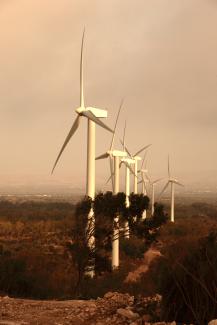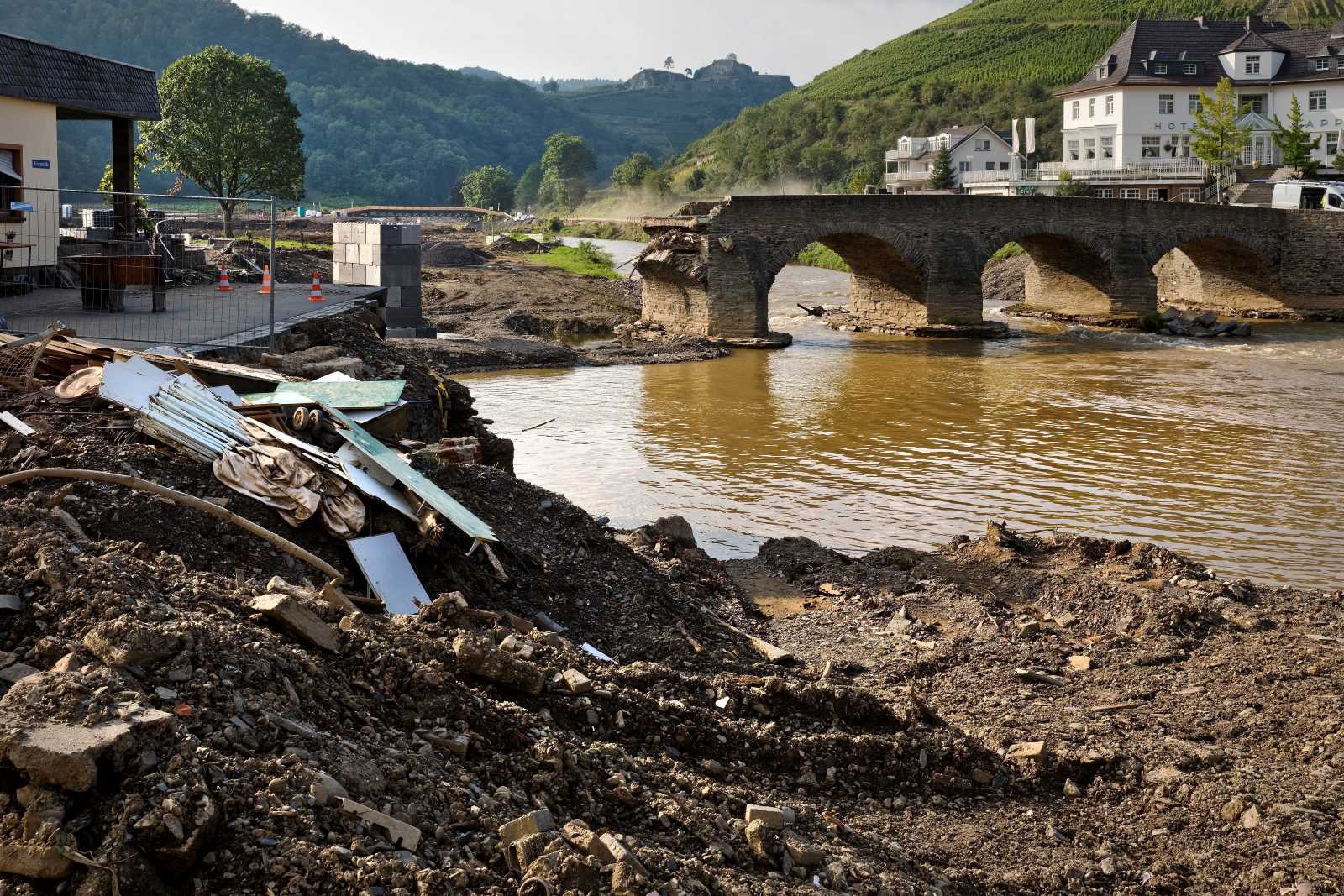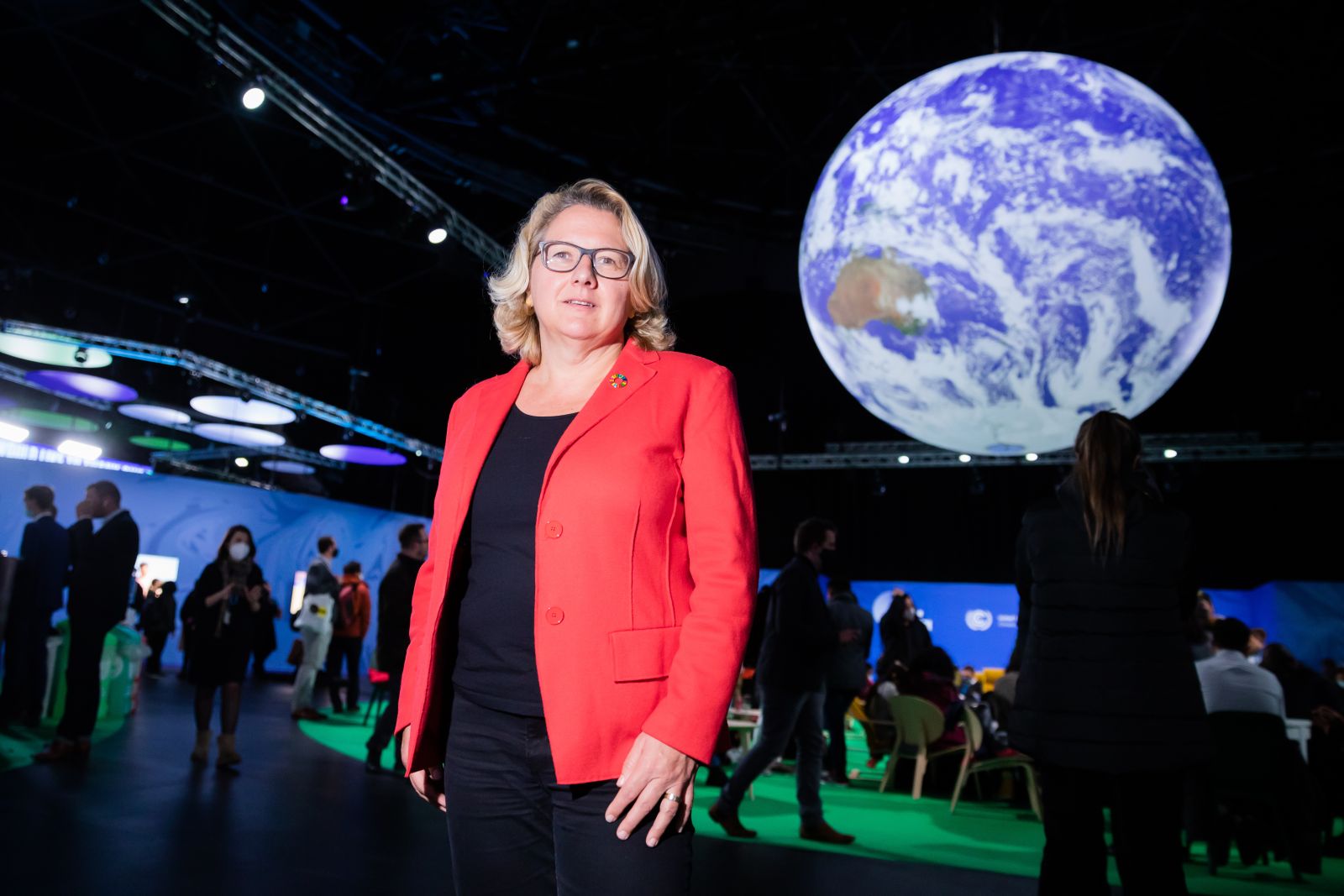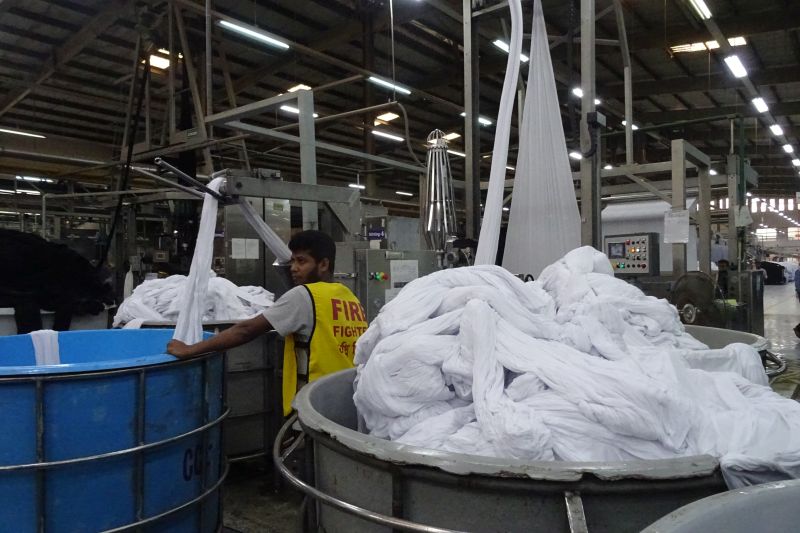PEGNet
Sustainable and socially committed

"Green growth" is a much-discussed slogan among sholars in the fields of development and poverty reduction. Its proponents like to point to synergies and win-win-scenarios which are produced by the use of environmental technologies. However, they tend to ignore possible drawbacks (see Christoplos in D+C/E+Z 2014/03, p. 121 ff.). The United Nations Enviroment Porgramme (UNEP), the Organisation for Economic Co-operation and Development (OECD), the World Bank, as well as other institutions are currently looking for possible ways out.
The World Bank is preparing a report about poverty and climate change, which is scheduled for publication in mid-2015. As the World Bank’s chief economist of the Sustainable Development Network, Marianne Fay is in charge of the project. She says eliminating poverty is still a huge challenge and is increased by climate change. Poor people tend to suffer the most from natural disasters. Many of them live in drought- or flood-prone regions, are dependent on nature, and have no savings.
Fay reckons the global community needs to decide by 2030 how to combine fighting poverty and protecting the environment. "From today’s perspective, that’s the best window we have to get a grip on adapting to climate change and fighting poverty." The problems faced by poor people are the same poor nations face, the expert notes. The main question, Fay says, is how governments with limited funds can fight poverty, set up welfare systems, and be ready for disaster relief.
Ernst Ulrich von Weizsäcker, co-chair of the UNEP’s International Resource Panel, is convinced that "major changes" and "a system of innovations" are needed to solve the problems facing the planet as the Millennium Development Goals (MDGs) were too short-sighted and hardly took sustainability into account. In his view, it was not only the MDGs that proved blind to the environment – governments did so too. Economic growth had always been the way to fight poverty, and it could still succeed if it would not destroy the environment and the livelihoods of people.
But the MDGs were implemented only with weakening environmental goals, von Weizsäcker laments. The challenge remains to combine potential synergies between development and environmental protection. Von Weizsäcker wants the world to decouple natural resource use and environmental impacts from economic growth. That goal could be reached, he says, if industrialised nations and emerging economies cut energy consumption by 80 %, in other words, by a factor of five. They have to use resources more effectively and energy efficiency has to become profitable, says von Weizsäcker, whose book "Factor Five" gives detailed suggestions. Compelling policies are therefore necessary.
In a similar vein, Leisa Perch from UNDP’s World Center for Sustainable Development warns of the erroneous assumption that green growth automatically reduces poverty and increases equality. For that to happen, she says, countries need to abide by principles of social sustainability, like giving poor people preferred access to new jobs, green micro-finance, as well as a legal framework that challenges structural inequality. On top of that, Perch is convinced that governments need to establish welfare systems in order to guard against the blow of natural catastrophes and the risk of slipping into poverty.
Incentives for environmental protection
Michael P. Canares at the Holy Name University in the Philippine city of Tagbilaran is doing research on a conditional cash programm, which is meant to fight poverty in his country. Households in need get cash from the government to pay for visits to the doctor, medication and education. International development agencies have proposed expanding the scope of the programme to provide incentives for environmental protection. But Canares says there are a number of conceptual and practical problems to this. For one, there is no "persuasive justification" in linking environmental conditionality to a programme that is meant to offer immediate and individual poverty relief. Secondly, he says, environmental protection is a collective responsibility, not an individual. Nevertheless, Canares does see ways of incorporation of environmental aspects – like raising awareness about environmental issues, for example – into the programme.
The use of renewable energy in North Africa and the Middle East (MENA region) is being explored by Georgeta Vidican of the German Development Institute (DIE). Some of these countries are pursuing policies to encourage the installation of solar and wind-power plants. Vidican says Morocco is fast becoming a particularly encouraging market, which is already seeing the investment of a lot of international and private capital. The government wants to establish a national renewable-energy sector, with domestic companies as players. It has already crafted legislation to help this development and set up various government bodies, such as the Moroccan Agency for Solar Energy (MASEN).
Vidican warns that Morocco is still battling with big problems like low competitiveness and high unemployment – although a new energy sector could help to solve them by providing jobs. A similarly positive view – about Egypt – is held by Julian Blohmke at the University of Maastricht. He and fellow researchers at the International Food Policy Research Institute (IFPRI) and the Kiel Institute for the World Economy (IfW) wrote a study about renewable energy and economic development in Egypt. It noted that the North African country is advanced enough to build wind-energy generators and electrical components itself. As a result, a shift to wind energy would lead to a conversion of existing industrial capacities, create new jobs, and give a boost to the national economy.
Another way to frame the debate about green gowth is proposed by Dirk Messner, director of the DIE. "Those who have done least to cause climate change suffer its consequences the most," he says. The conclusion he draws from that observation is that the rich world has to change its consumption patterns. The DIE and the Poverty Reduction, Equity and Growth Network (PEGNet) organised an international workshop "Green and social. Managing synergies and trade-offs" this March in Bonn.
Sabine Balk













